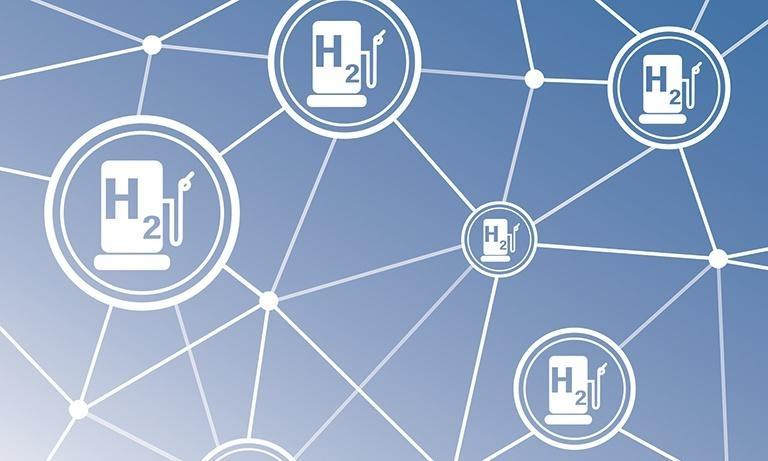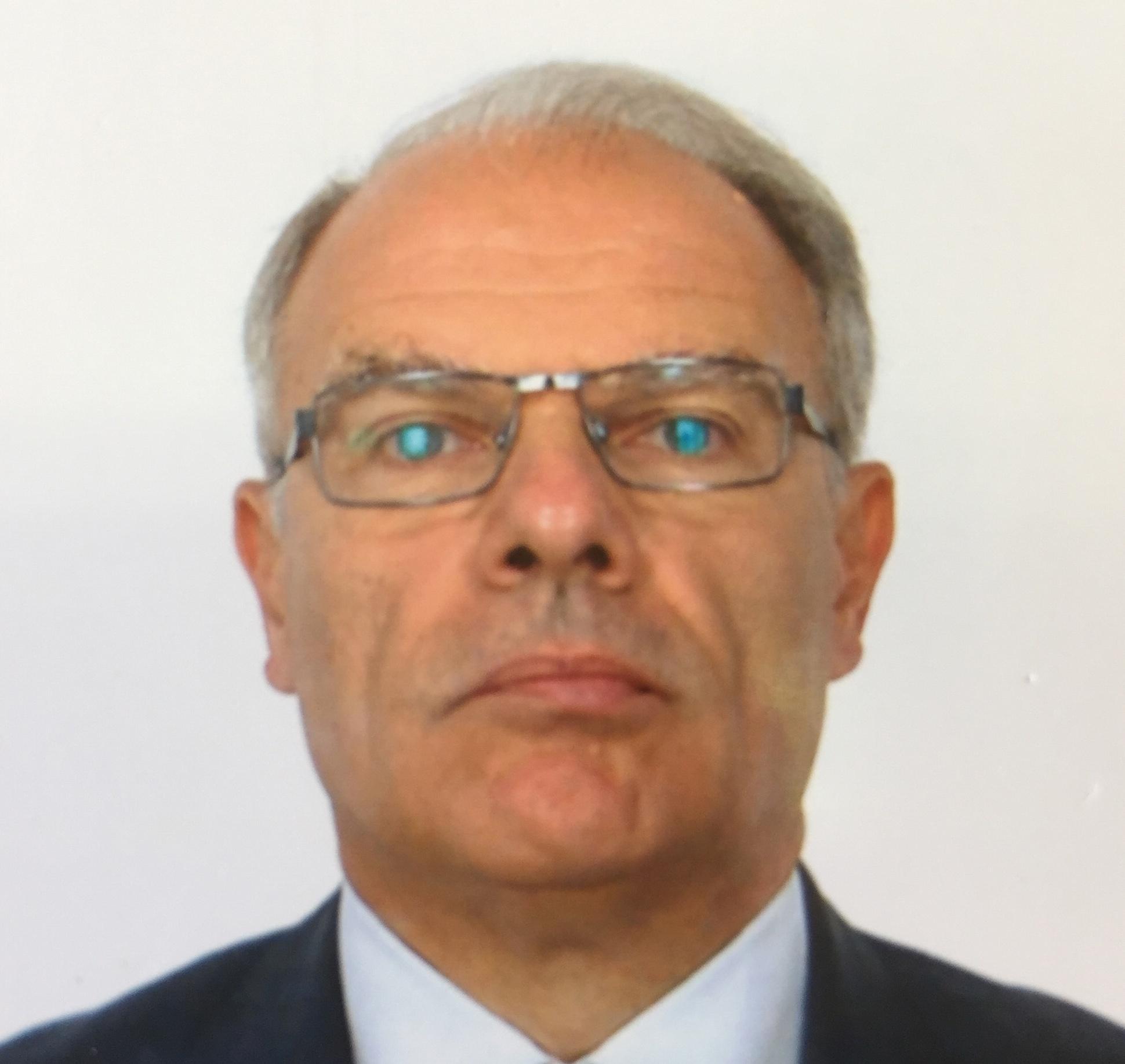
The Mission Innovation main results and perspectives for Clean hydrogen
by Marcello Capra
DOI 10.12910/EAI2021-005
Mission Innovation (MI) is a global intergovernmental initiative aimed at accelerating clean energy innovation: 25 members on 5 continents are working to stimulate innovation with the objective to make clean energy more widely affordable. At the third MI Ministerial in 2018, members endorsed the addition of an eighth Innovation Challenge (IC) on Renewable and Clean Hydrogen, since MI recognizes the role of hydrogen in the energy transition. The Challenge is co-led by Australia, the EC and Germany with participation from Austria, Canada, China, France, India, Italy, Japan, Norway, Saudi Arabia, UK and USA. Its objective is to accelerate the development of a global market by identifying and overcoming key technology barriers to the production, distribution, storage, and use of hydrogen at gigawatt scale.
Mission Innovation è un’iniziativa intergovernativa globale composta da 25 membri di cinque continenti nata per accelerare e stimolare l’innovazione e promuovere la diffusione dell’energia elettrica da fonte rinnovabile. Nel 2018, in occasione della terza riunione Ministeriale di Mission Innovation, alle 7 Sfide Globali già approvate si è aggiunta come ottava sfida quella per l’Idrogeno verde e rinnovabile, riconoscendo il ruolo di questo vettore nella transizione energetica. Co-gestita da Austria, Canada, Cina, Francia, India, Italia, Giappone, Norvegia, Arabia Saudita, Regno Unito e Stati Uniti, l’ottava sfida si propone di accelerare lo sviluppo di un mercato globale identificando e superando le barriere tecnologiche alla produzione, distribuzione, stoccaggio e uso di idrogeno a livello di Gigawatt.

Marcello Capra
Ministry of Ecological Transition
Mission Innovation (MI) is a global intergovernmental initiative working to accelerate clean energy innovation: 25 members on 5 continents are working to stimulate innovation with the objective to make clean energy more widely affordable. Mission Innovation members are continuing to work towards meeting their commitment to seek to double their investment in clean energy innovation over 5 years. Innovation Challenges (ICs) are global calls to action aimed at accelerating research, development and demonstration (RD&D) in technology areas that could provide significant benefits in reducing greenhouse gas emissions, increasing energy security and creating new opportunities for clean economic growth. The ICs cover the entire spectrum of RD&D: from early-stage research needs assessments to technology demonstration projects. Each IC consists of a global network of policymakers, scientists and innovators working towards a common objective and built around a coalition of interested MI members.
In 2016, MI members came together at the United Nations Conference of Parties in Morocco (COP22) to endorse seven ICs. At the third MI Ministerial in 2018, members endorsed the addition of an eighth IC on Renewable and Clean Hydrogen since MI recognizes the role of hydrogen in the energy transition. The Challenge is co-led by Australia, the EC and Germany with participation from Austria, Canada, China, France, India, Italy, Japan, Norway, Saudi Arabia, UK and USA. The objective of IC#8 is to accelerate the development of a global hydrogen market by identifying and overcoming key technology barriers to the production, distribution, storage, and use of hydrogen at gigawatt scale.
IC#8 has been set up to address the need for further technology improvements to enable hydrogen to be cost-competitive in the energy system: its participants are collaborating to identify and accelerate the key breakthroughs needed to achieve a cost-competitive hydrogen value chain and are collaborating with existing international co-operation forums including the International Partnership for Hydrogen and Fuel Cells in the Economy (IPHE), the IEA Technology Collaboration Programmes and the Hydrogen Council.
The “Hydrogen Valley” concept
Members of IC#8 have identified focus areas where global research and innovation effort is likely to generate the most impact in the short term. The “Hydrogen Valley” concept, a geographical area – a city, a region, an island or an industrial cluster – where several hydrogen applications are combined together into an integrated hydrogen ecosystem, are one of the focus areas. The consumption of a significant amount of hydrogen and the coverage of the entire value chain in the “Hydrogen Valley” will offer a pathway for scaling up and making this technology a viable solution and will showcase the sectorial integration capability of hydrogen.
A two-day Antwerp workshop in 2019 gathered more than 80 attendees with interest in nascent “Hydrogen Valley” projects from Hydrogen Innovation Challenge member countries representing governments, industry and research community. Fourteen case studies were presented from all major jurisdictions exploring hydrogen as a future energy vector: Australia, Austria, Chile, China, EU, France, Germany, Italy, Japan, Netherlands, the UK and the US, with additional input from the Port of Antwerp and the Hydrogen Council. Italy presented the South Tyrol (Bolzano) Hydrogen Valley as an interesting example of Italian Valley at European level: hydrogen is produced by electrolysis completely from renewable sources for HRS.zsxc
There is no one-size-fits-all solution when it comes to hydrogen valleys: different countries have different infrastructure and economic, geopolitical, and environmental circumstances. To facilitate knowledge sharing and reinforce global alliances around hydrogen valleys, ∫ Information will be publicly available, but the platform will also allow contributing partners to take up direct contact with each other to share more detailed reflections on best practices and challenges.
New public-private innovation alliances
IC#8 is consolidating information on the latest technologies, lessons learned, and opportunities for collaboration related to the demonstration of integrated hydrogen solutions and infrastructure and distribution for hydrogen. For example, given that there are a limited number of research facilities that can conduct pressurized hydrogen testing for transport via pipelines, linking these laboratories to coordinate test conditions and sharing findings could help avoid duplication and accelerate deployment. In this way, IC#8 members and partners are combining complementary areas of expertise to fill information gaps and reduce duplication of effort through the IC#8 platform. The development of the Hydrogen Valley Global Collaboration Platform and the work of the Hydrogen in the Gas-Grid Working Group are still in progress, but these initiatives are expected to support policymakers, industry stakeholders, and the hydrogen RD&D community in developing roadmaps, reducing the costs of implementation, accelerating future project delivery, and driving replicability.
The second phase of Mission Innovation will build on the successes achieved whilst recognizing the need to shift the focus toward outcomes that will further accelerate the pace of innovation, and thereby facilitate countries’ clean energy transitions by advancing the solutions and technologies needed to support national goals. To achieve the shared goal of accelerating innovation, countries have agreed to develop a second phase that includes new public-private innovation alliances – Missions – built around ambitious and inspirational goals backed by voluntary commitments that can lead to tipping points in the cost, scale, availability, and attractiveness of clean energy solutions. In this perspective hydrogen is expected to have a significant role also in the second phase of MI and a Mission “Hydrogen” is currently being defined on the basis of the results achieved in the context of the IC#8.
Following the Antwerp workshop, the Italian Ministry of Economic Development set up The Hydrogen Table gathering the main national stakeholders in the value chain to encourage Italian companies and research organizations to actively participate in IC#8 activities. ENEA and the Ministry of Economic Development then signed in early 2021 a collaboration agreement in order to create the first Italian Hydrogen Valley to develop a national supply chain for production, transport, storage and use of hydrogen, focusing on research, technologies, infrastructures and innovative services. The project, conceived by ENEA, kicks off with a 14 million euro investment (in the frame of the Italian additional budget for the activities of Mission Innovation) to set up the first Italian technological incubator for the development of an hydrogen supply chain, in collaboration with universities, research institutes, associations and companies, to boost the energy transition and decarbonisation.